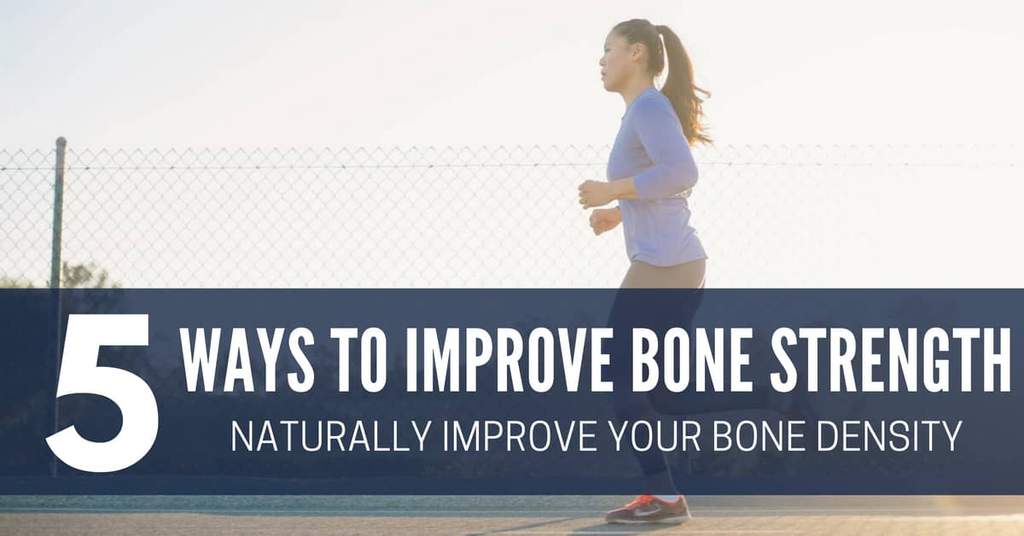What happens to the bones as one age?
In childhood and adolescence, most of the bone growth and bone density occurs. Girls reach their maximum bone density by age 18. For boys, this occurs by age 20. In adulthood, it is important to maintain bone density and try to slow the rate of bone loss. As we grow older, our bodies lose bone density. After menopause, women are especially at risk for osteoporosis
How can one keep the bones strong?
- Choose calcium-rich foods like:
- Milk
- Yogurt
- Cheese
- Kefir
Choose non-dairy sources of calcium as well, such as fortified soy and rice beverages, canned salmon with bones, leafy green vegetables, beans, nuts, seeds and fortified orange juice.
- Get enough vitamin D to keep your bones strong
Vitamin D helps to absorb calcium in foods. One can find vitamin D in:
- Milk
- Fortified soy and rice beverages
- Fortified orange juice
- Fatty fish like salmon and sardines
- Margarine
- Egg yolks
- Fortified yogurts (check the label)
- Get enough nutrients to keep the bones strong
Potassium, vitamin K and magnesium help the body absorb and use calcium. Get these important nutrients by eating a variety of healthy foods like vegetables and fruit, legumes (beans, peas, and lentils), nuts, seeds, whole grains and fish. Protein helps to build muscle, which helps keep bones strong. Choose protein-rich foods such as meat, poultry, fish, shellfish, legumes (beans, peas, and lentils), nuts and seeds.
- Stay active to keep the bones strong
Aim to be active for at least 150 minutes each week. Here are some ideas to help keep the bones strong. Try:
- Weight-bearing exercises like running, walking, hiking, low impact aerobics, dancing, tennis and golf.
- Resistance activities like lifting weights or push-ups to help build muscle, which keeps your bones strong.
- Stretching exercises like yoga and tai chi to help improve balance and coordination, which will lower your risk of falling and breaking bones.
- Limit caffeine to keep the bones strong
Having too much caffeine can decrease the amount of calcium one absorbs. Aim for no more than 400mg of caffeine per day for adults (about 2-3 cups of coffee per day). Pregnant and breastfeeding women should have no more than 300 mg caffeine per day.






